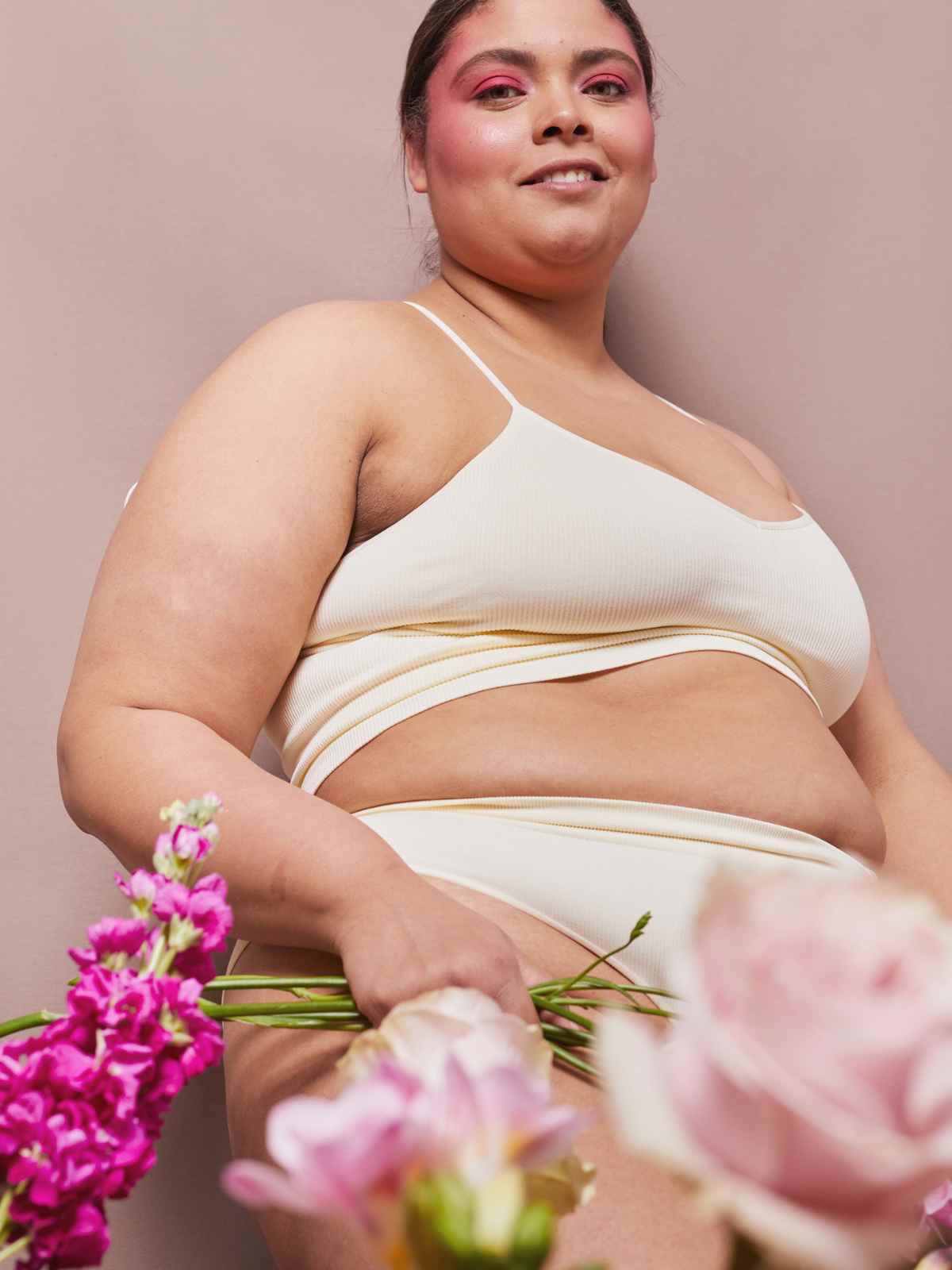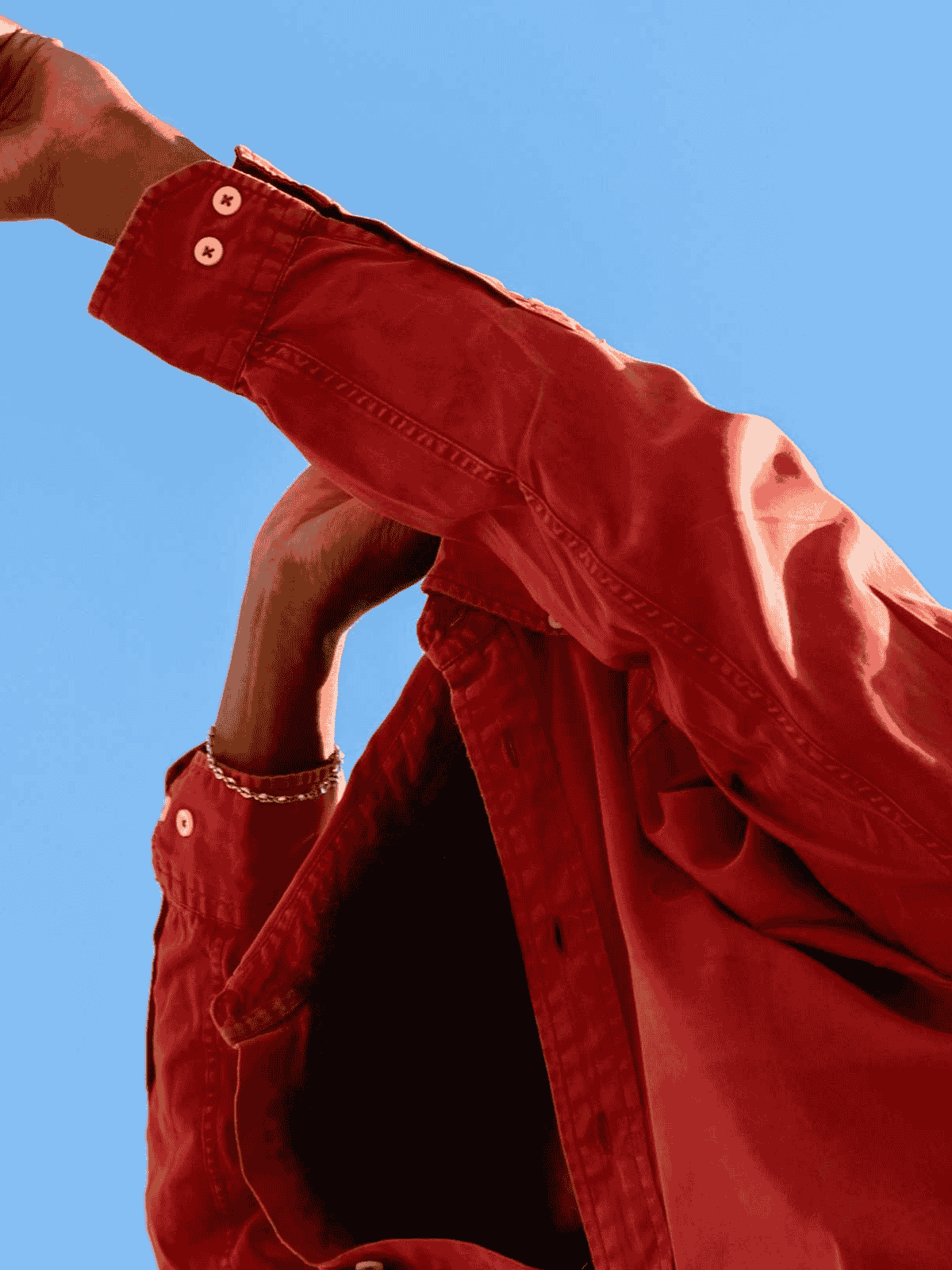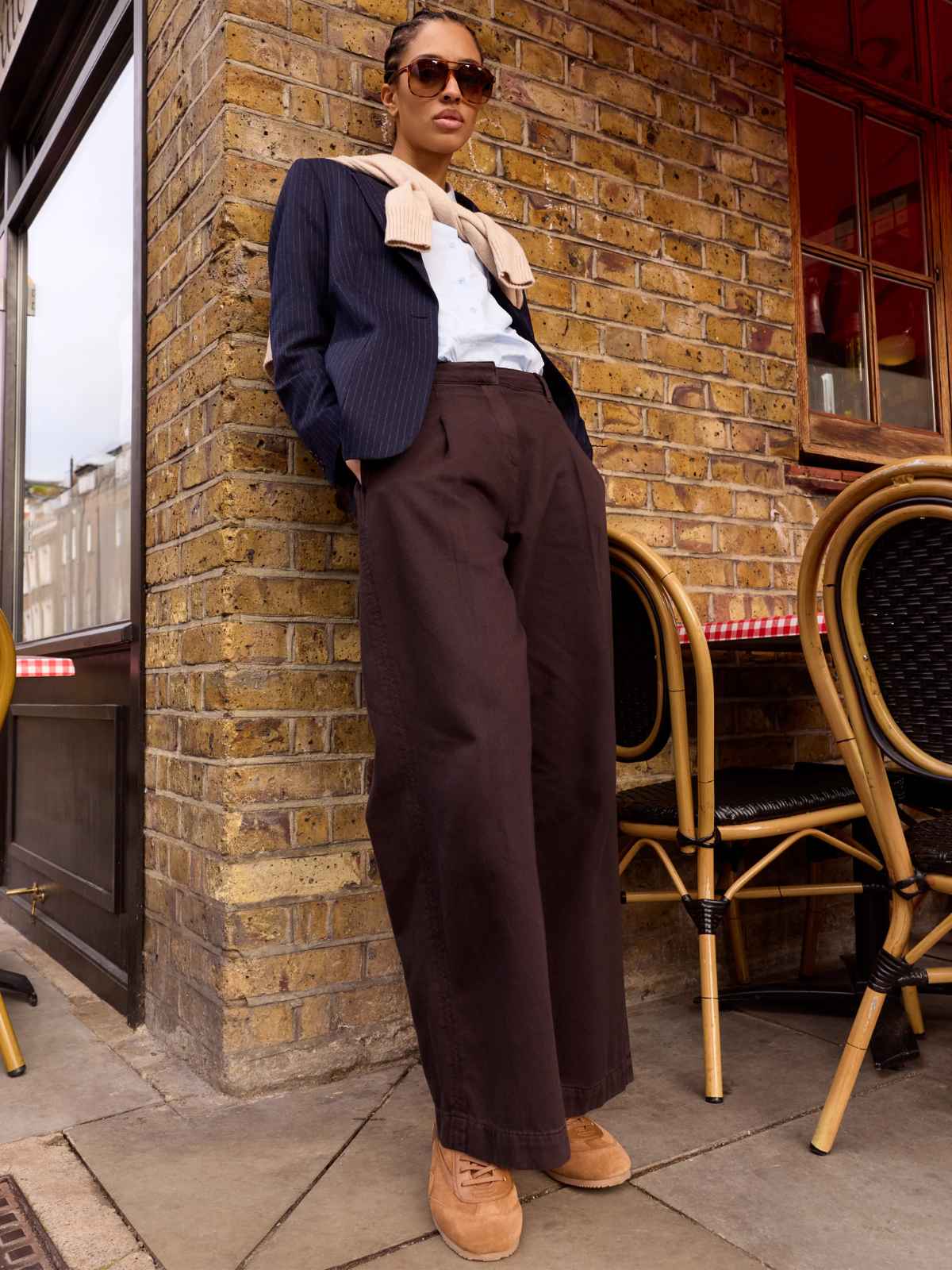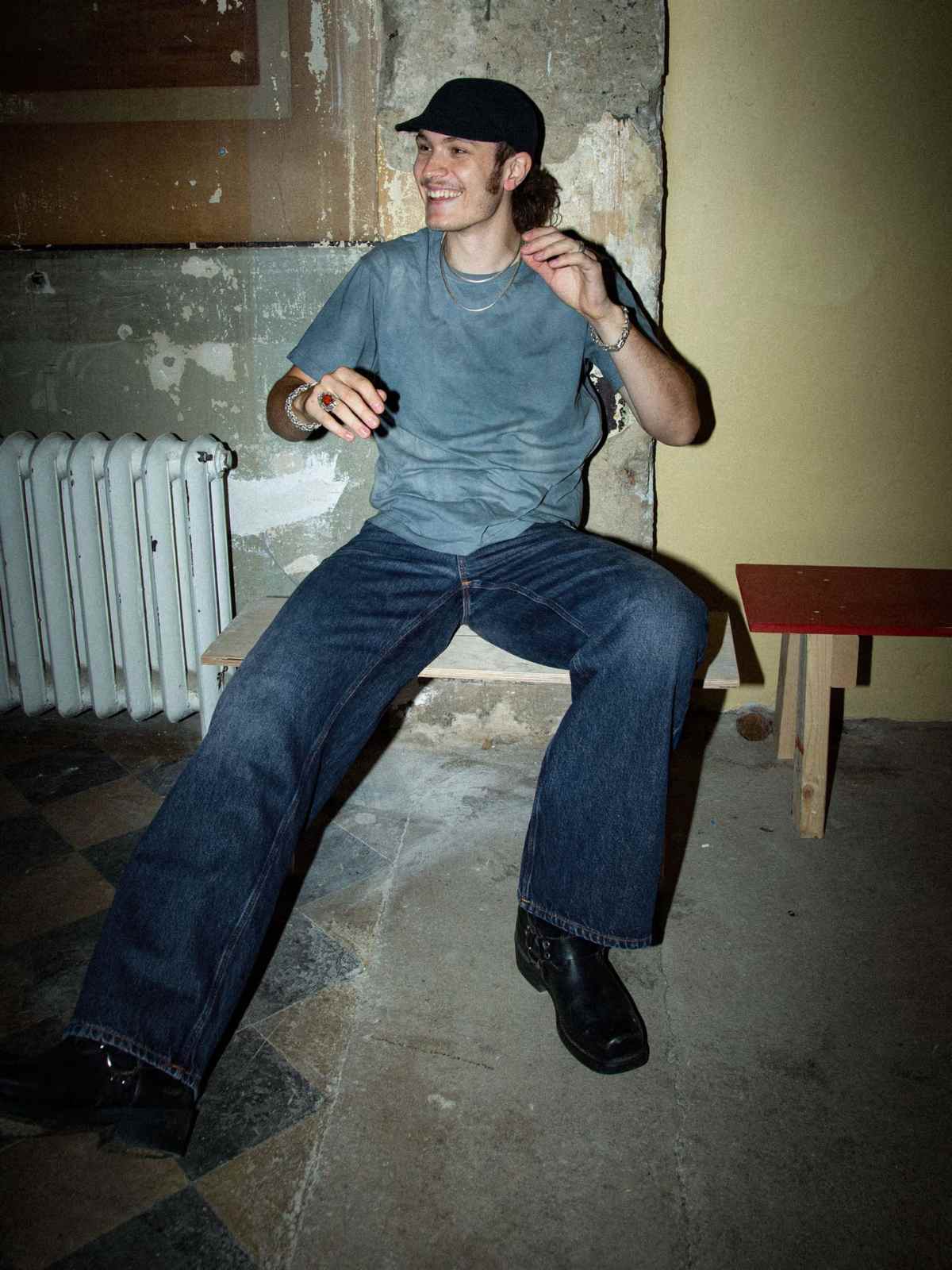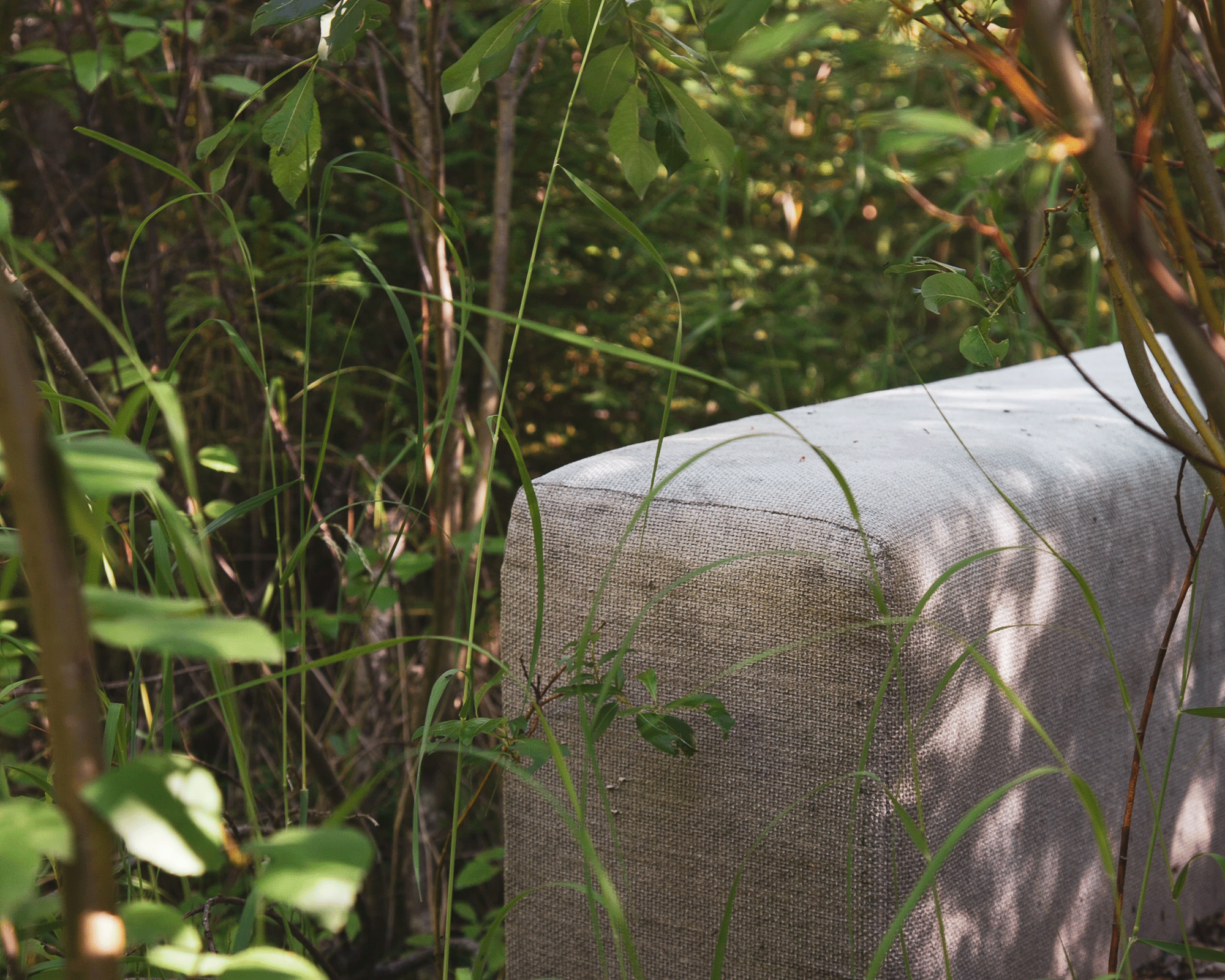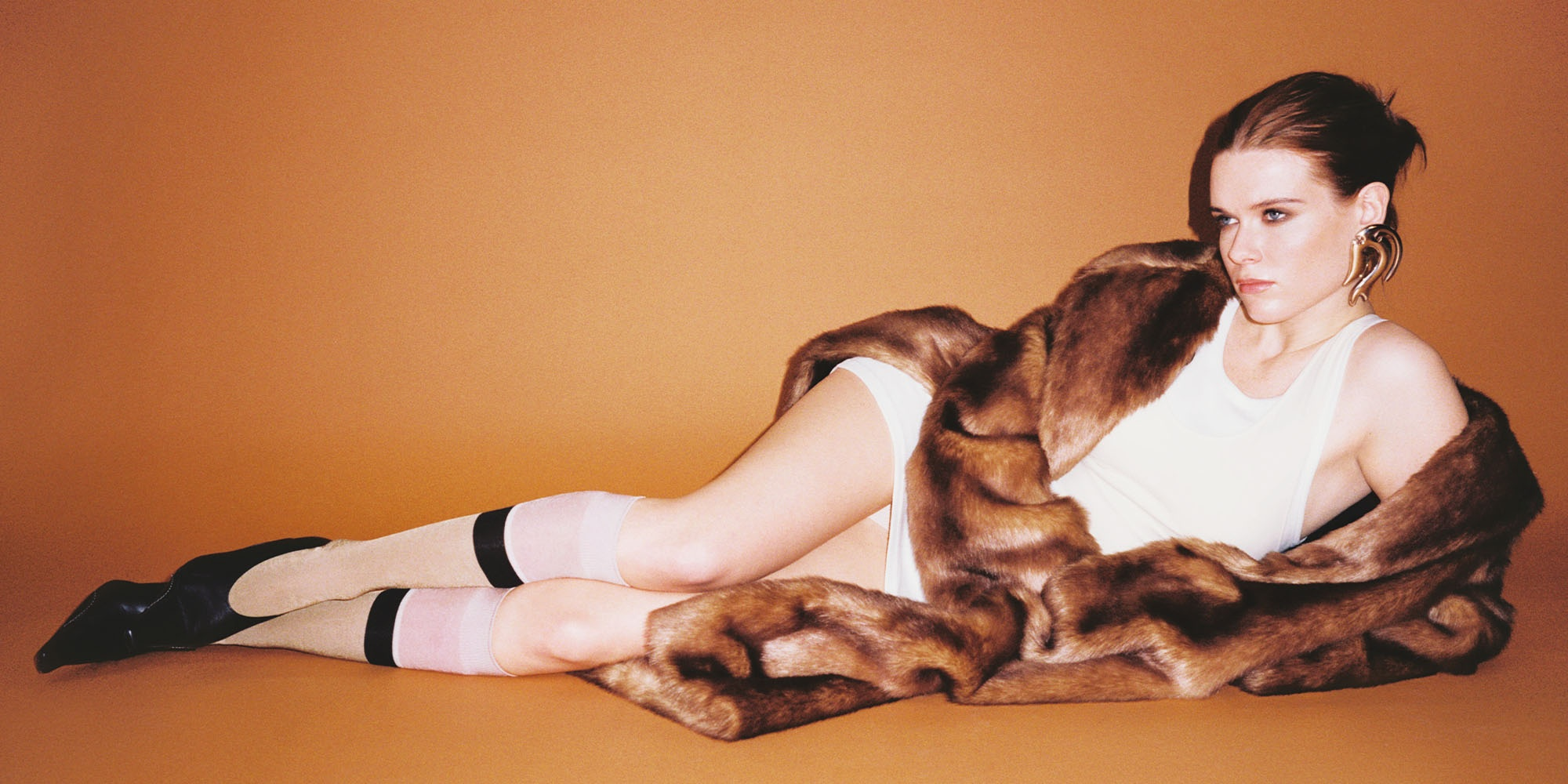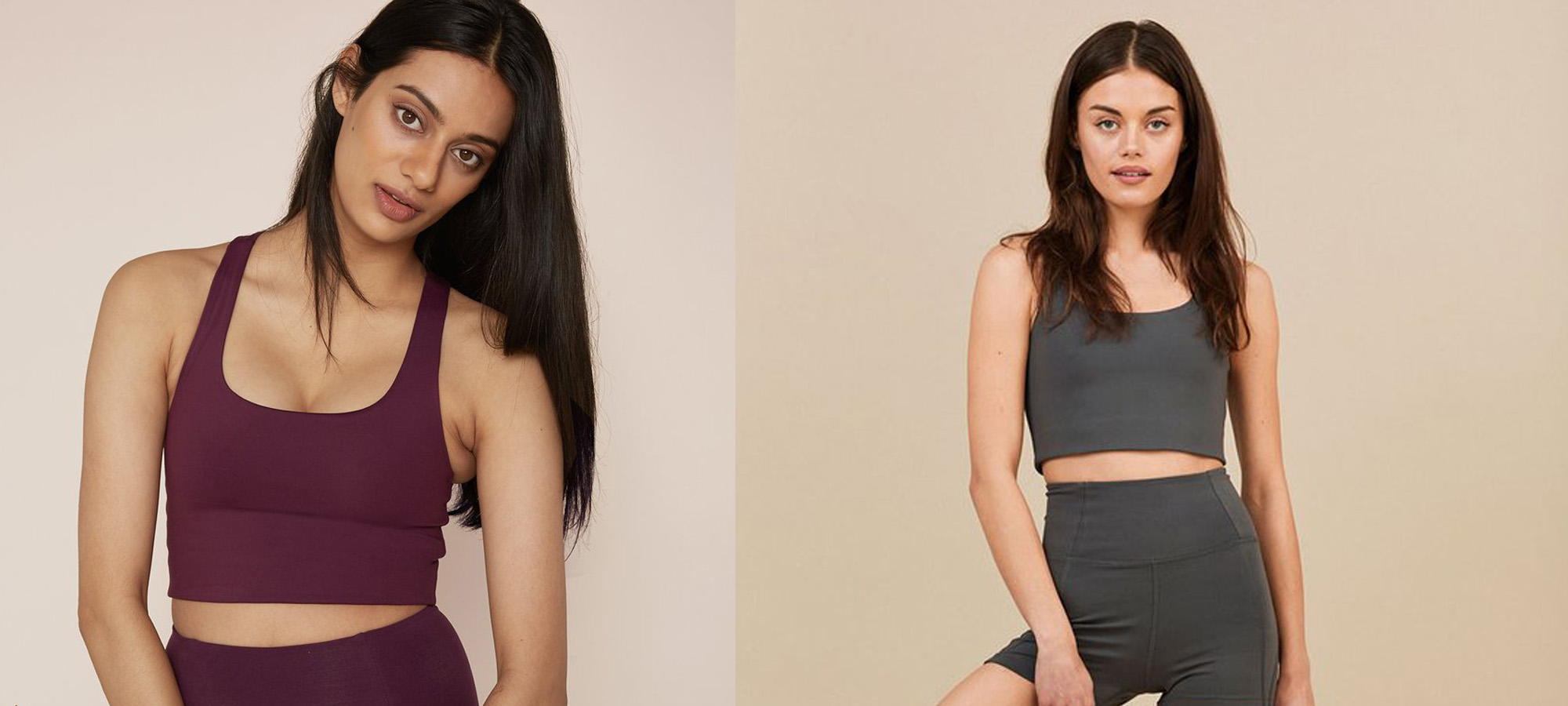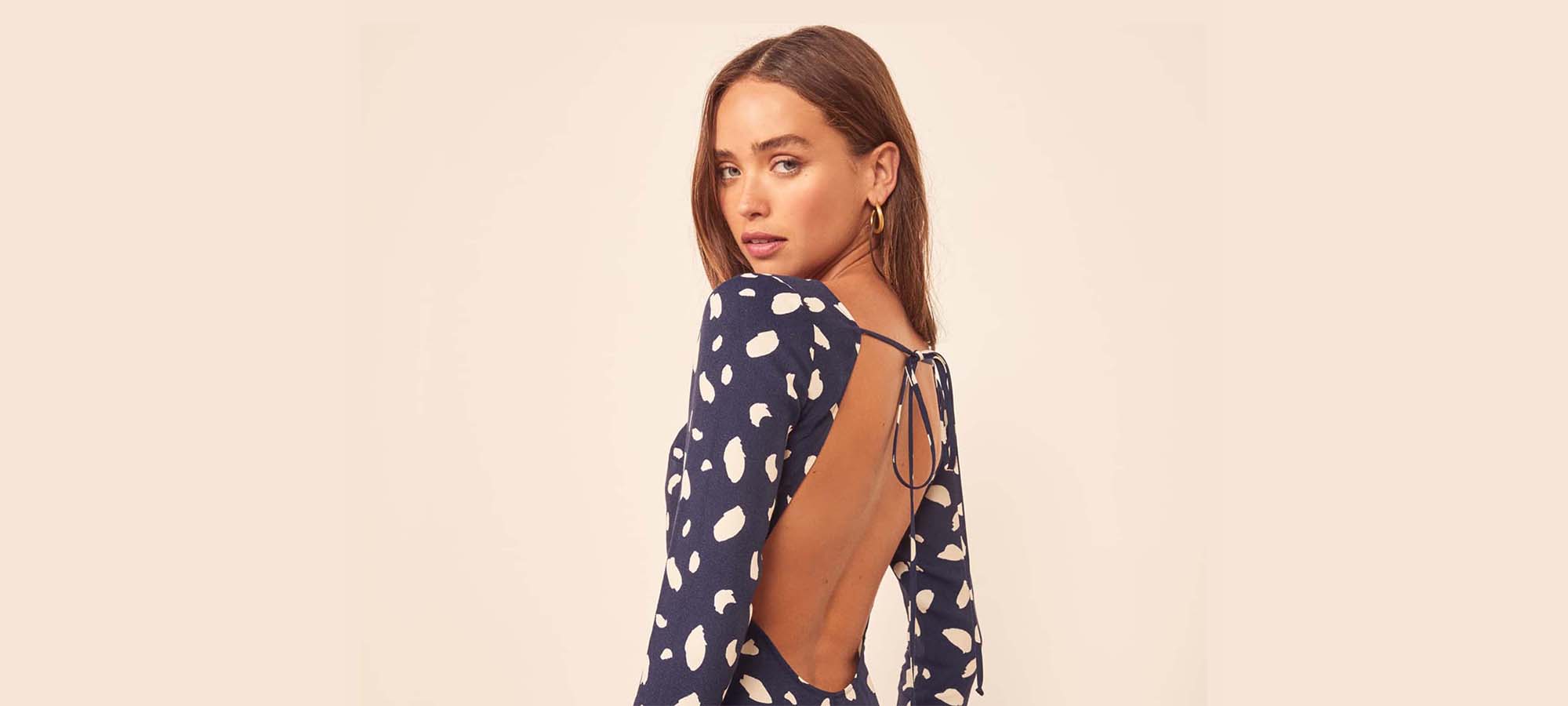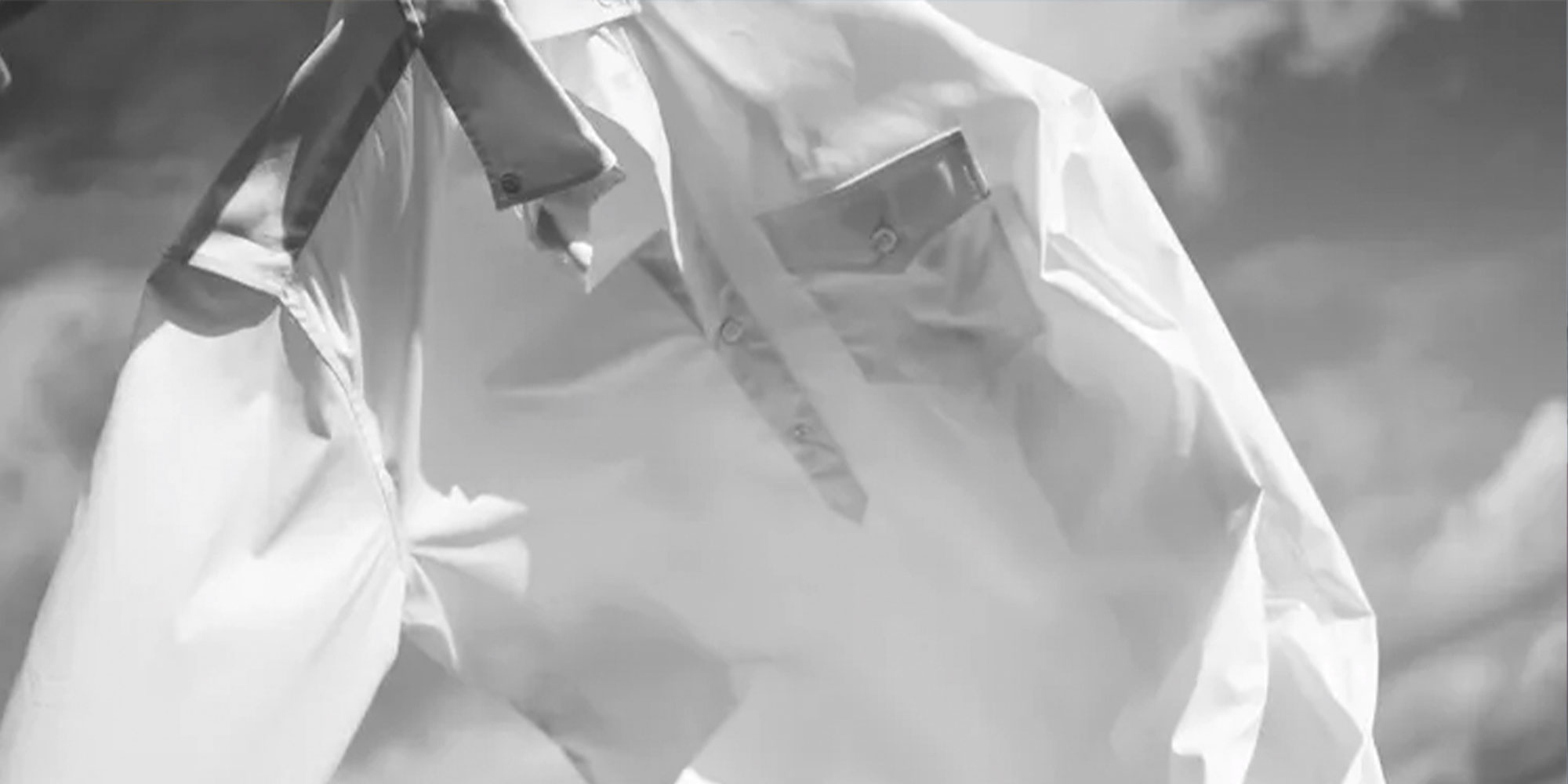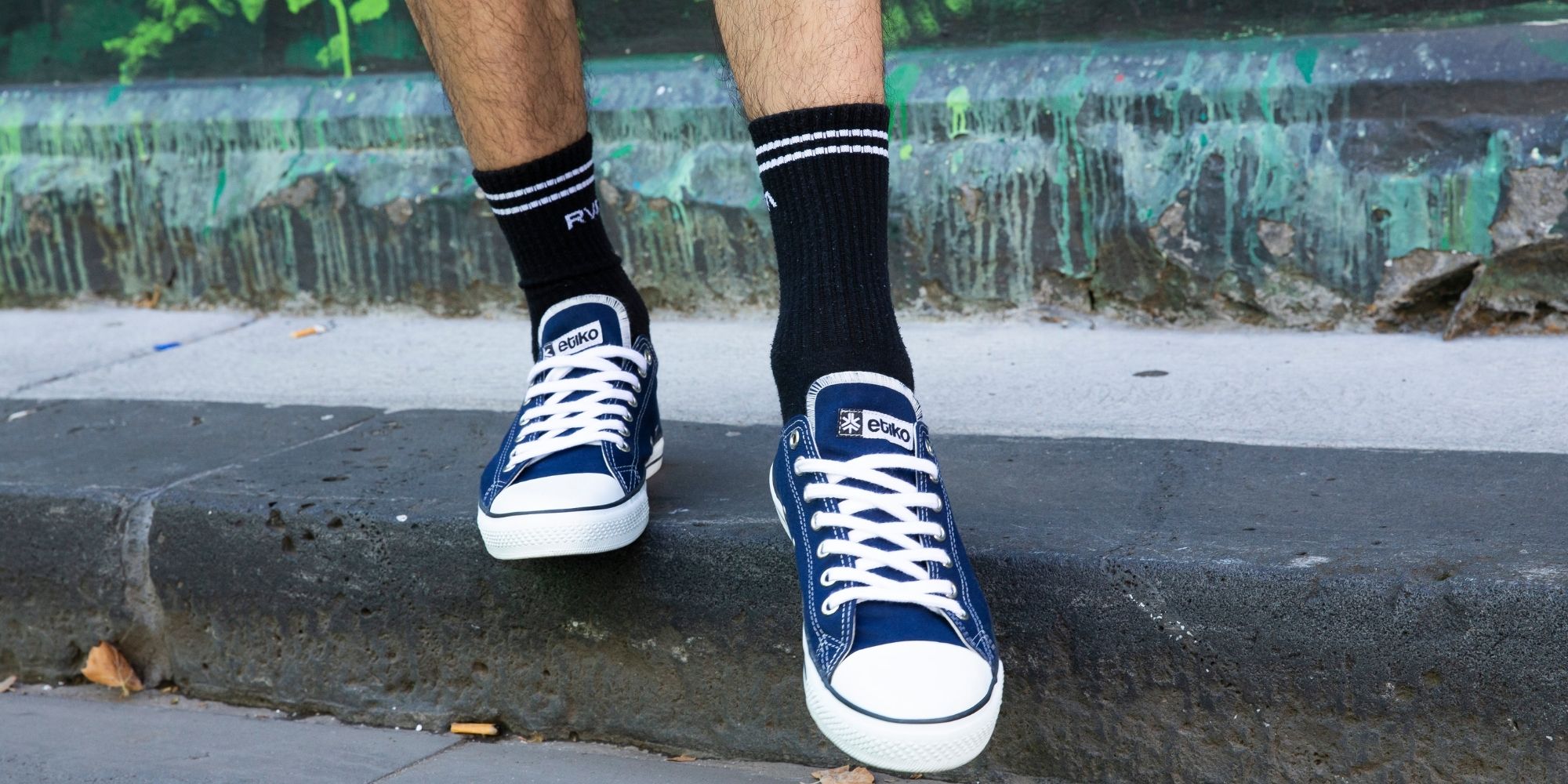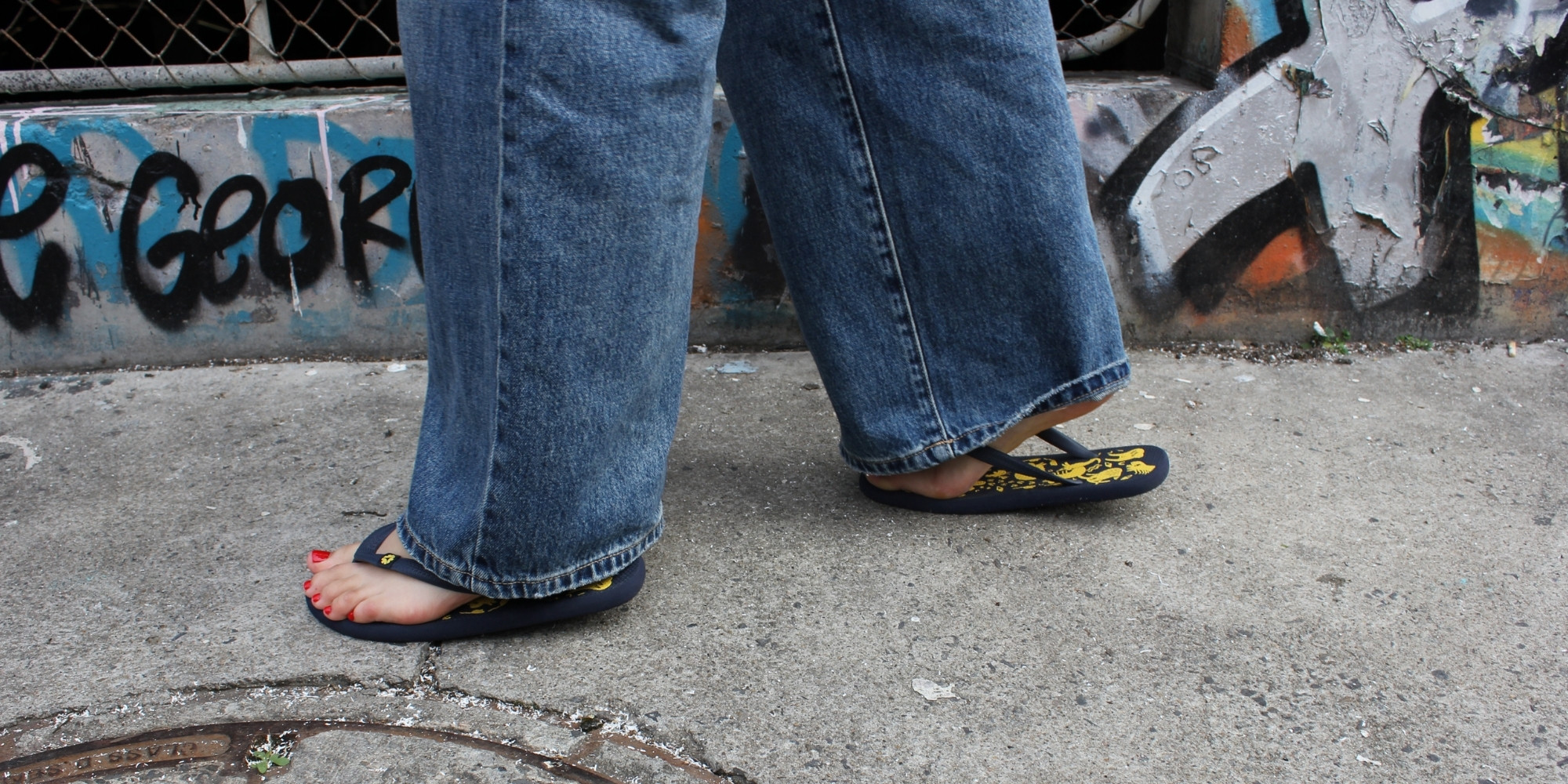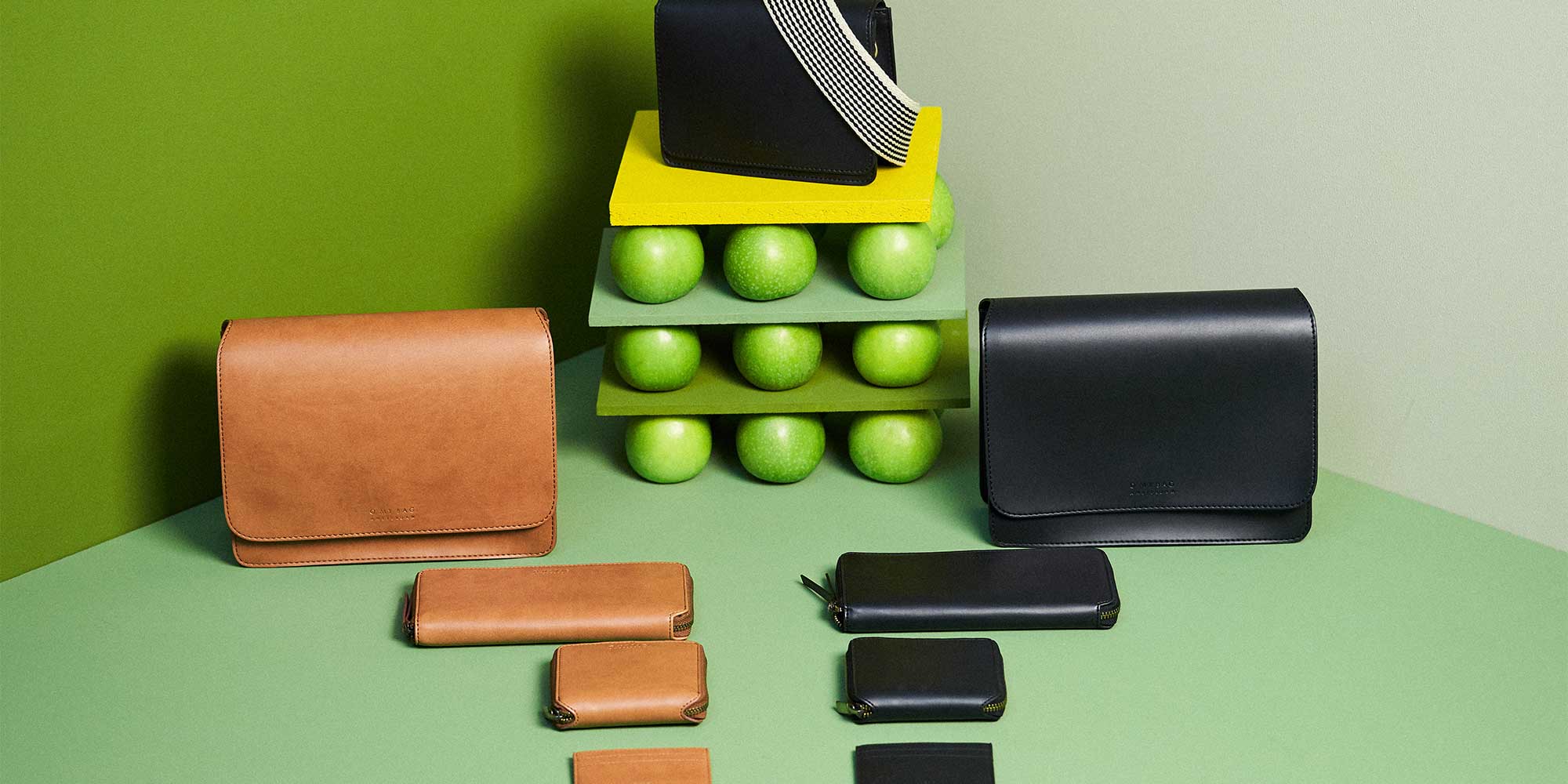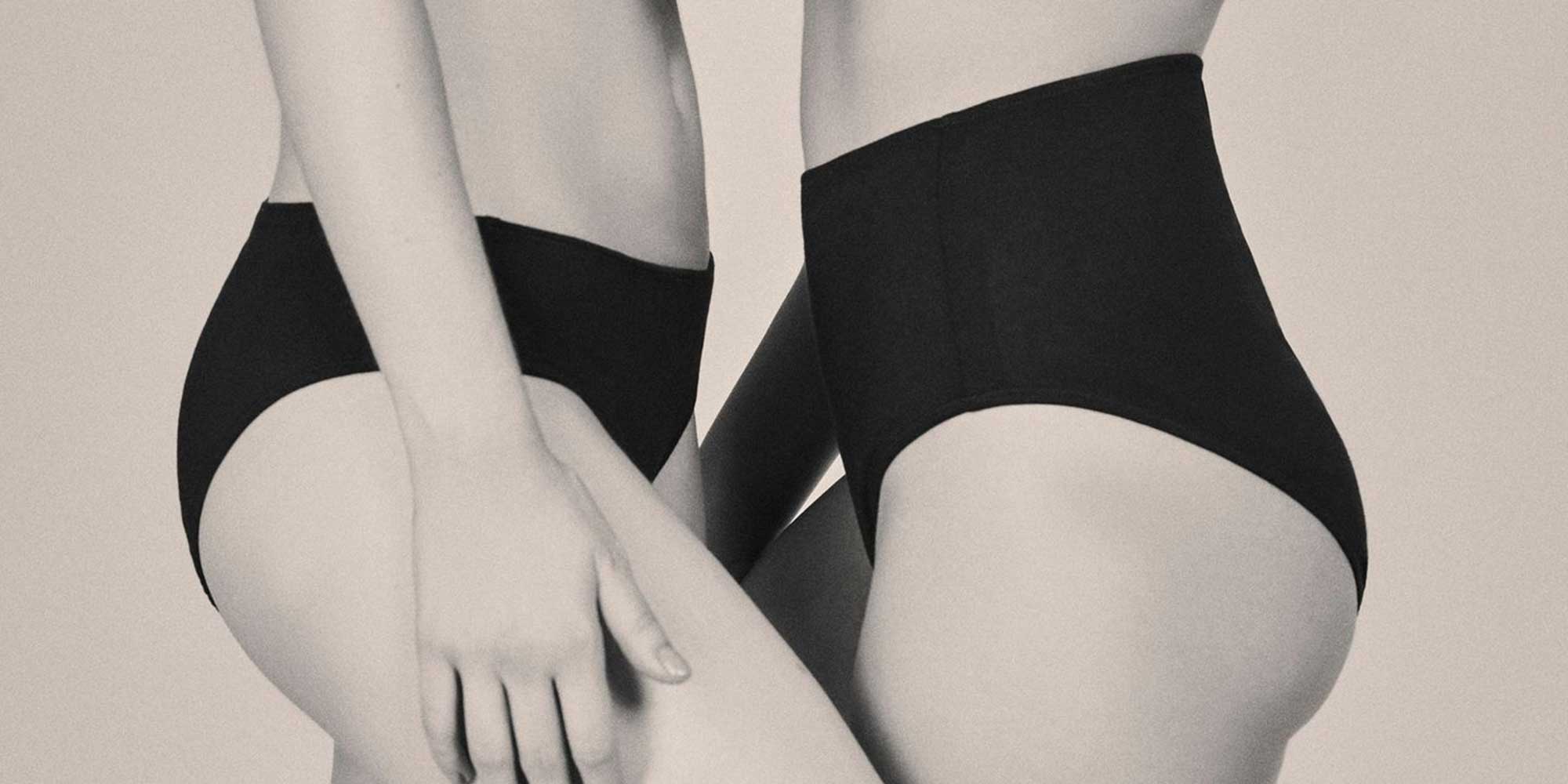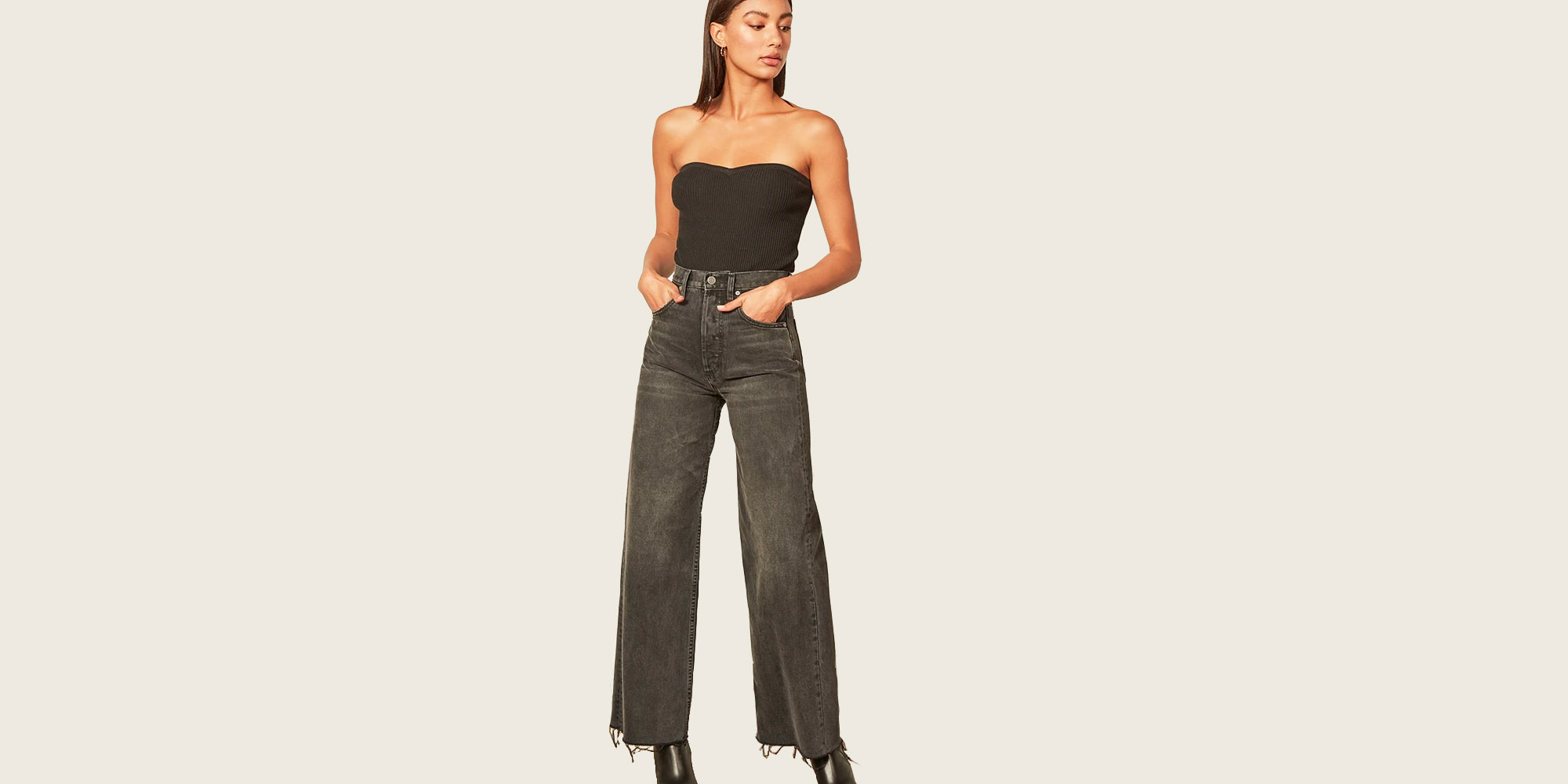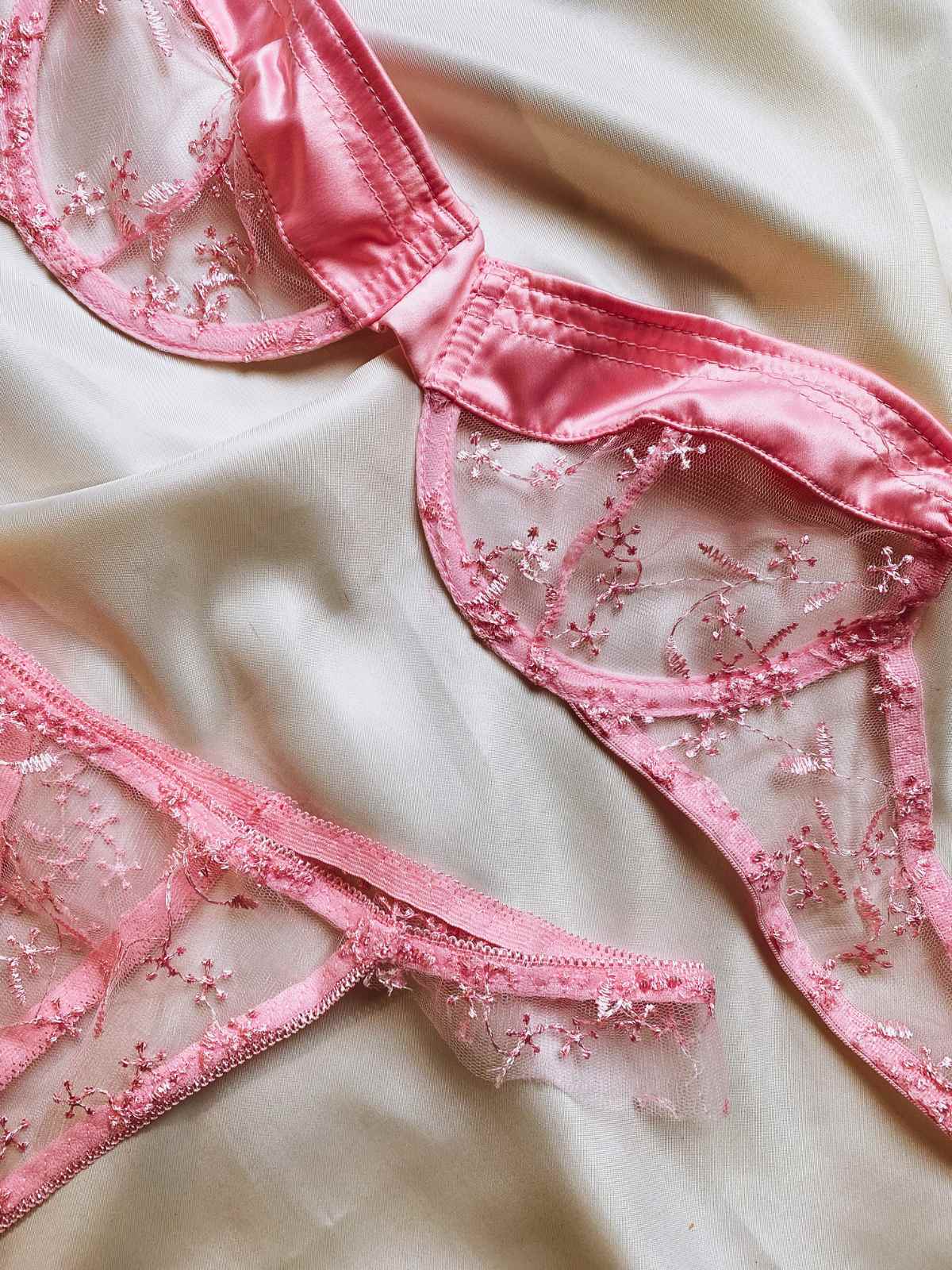Our editors curate highly rated brands that are first assessed by our rigorous ratings system. Buying through our links may earn us a commission—supporting the work we do. Learn more.
Take-back schemes aid circularity in fashion and are an important aspect of brands taking greater responsibility for the clothes they manufacture. But how well do these schemes work, and which ‘Good’ and ‘Great’ brands implement them?
Brands need to think about their products’ afterlife
More and more shoppers and fashion brands are realising that producing better is not enough anymore. Brands need to produce less while also thinking about their garments’ afterlife, which is why circularity and circular fashion have grown in popularity in recent years. And shoppers need to buy less, ensuring they take care of their garments and dispose of them responsibly.
Circular fashion is about designing waste and pollution out of our clothes and ensuring they help regenerate natural systems at the end of their (long) lives. It is based partly on William McDonough and Michael Braungart’s Cradle to Cradle design philosophy. Circular fashion moves away from the traditional linear take-make-dispose business model. A growing number of brands are looking for ways to use what’s already been created and give shoppers options for recycling, upcycling, and donating clothes they don’t want anymore.
As a result, we’re seeing numerous fashion brands promote recycling or take-back schemes. But what are these take-back schemes exactly? Are they good for people and the environment? And are there sustainable brands using take-back programs to which you can donate your old clothes with confidence? Let’s take a look.
What are take-back schemes exactly?
First things first, what is a take-back scheme? According to the Circular Economy Practitioner Guide, a take-back scheme “is an initiative organised by a manufacturer or retailer, to collect used products or materials from consumers and reintroduce them to the original processing and manufacturing cycle.”
For example, you might have heard about H&M’s Garment Collection program, which allows you to put old clothes into in-store recycling bins to be given a new life in exchange for a voucher.
Are take-back schemes good for people and the planet?
It’s encouraging to see brands starting to transition to more circular business models, but take-back schemes are far from perfect solutions to a much deeper systemic issue.
On paper, take-back schemes are far better than simply throwing your clothes in the trash: they make it easy for shoppers to donate clothes, helping to boost the recycling rate and divert clothes out of landfills.
But the truth is, with many high street brands, it’s hard to know what happens to our clothes once they’ve been dropped into in-store recycling bins. For example, H&M says, “Once you’ve dropped off your previously loved fashion in one of [its] garment collecting boxes, [its] business partner I:CO takes over. They empty the boxes and sort the contents into three categories:
- Rewear: Wearable clothes are marketed as second hand clothing.
- Reuse: If the clothes or textiles are not suitable for rewear, they’re turned into other products, such as remake collections or cleaning cloths.
- Recycle: All other clothes and textiles are shredded into textile fibres and used to make insulation materials, for example.”
While this all sounds nice, the brand doesn’t give more details, such as where the clothes are being remarketed or what percentage of the clothes are reworn, reused, or recycled.
We now know recycling textiles is not as easy as it seems and that the fashion industry still lacks proper systems and processes to take care of discarded clothing. Breaking down materials in a recycling system is emissions-intensive and reinforces the unfortunate societal norm that says an item can be disposable after one use. In the fashion industry, fabrics and textiles have not traditionally been the most straightforward items to recycle, and there remains a lot of confusion around how to recycle clothing.
Plus, as Head of Ratings Kristian Hardiman highlighted in our guide to recycled clothing materials, while we are seeing positive steps in the right direction, “the reality is that the fashion industry as we know it is fraught with fractured systems. Regardless of the material and its impact, there is an underlying issue: too much virgin material is being used to make our clothing.” This overabundance has led to colossal textile waste issues from numerous areas of the production line, including pre-consumer and post-consumer waste.
And that’s if the brand chooses to recycle clothes. Some prefer to donate clothes left in in-store bins to charities, such as Zara, which gives old clothes to local charities and organisations. The issue is that charity stores continue to have massive problems with receiving soiled, torn, or otherwise unsuitable textiles that can’t be sold or given away. In some cases, charities are forced to spend money sorting and disposing of this material, of which an estimated 25% goes directly to landfill. An additional 40-50% is exported into the problematic global second hand clothing trade, which swamps the local textile market of countries such as Ghana.
Finally, some have argued that some take-back schemes may simply be tokenistic gestures. Having in-store collection bins and encouraging shoppers to bring old clothes back isn’t enough to counter the detrimental environmental impacts of encouraging over-consumption and over-production—especially if consumers are given discounts or vouchers to use towards a new purchase, perpetuating the vicious cycle.
At the end of the day, take-back schemes are great if they are part of a greater plan to move to a circular business model that doesn’t keep pushing shoppers to consume, and if the brand behind it is fully transparent about what happens to donated clothes.
11 brands using take-back schemes to recycle waste responsibly
Luckily, such brands exist. If you want to give your old clothes a new life but want to make sure the brands you are donating them to are working to reduce their environmental and social impact and change the fashion industry for the better, today’s your lucky day. Here are 11 sustainable and ethical fashion brands using take-back schemes to recycle waste the right way.
